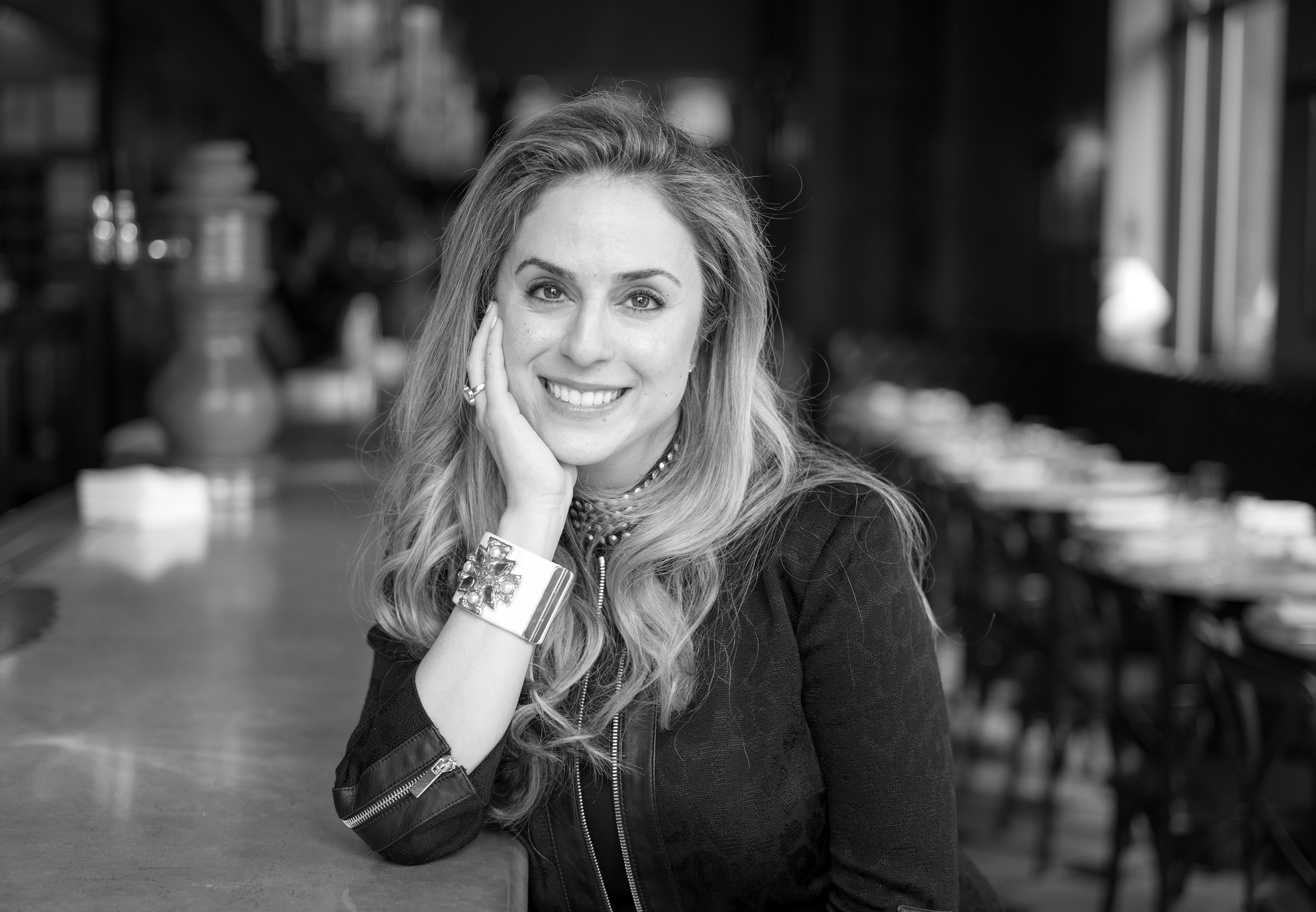Michelle Dipp, M.D. Ph.D. She completed her medical training at University of Oxford, and has spent her career investing in the future of life sciences.
1. What’s the first thing you do when you get out of bed? Coffee comes first. I always take advantage of those moments while the coffee is brewing to meditate. I don’t move on to tackling emails and daily tasks until I take this small time for myself.
2. What brings you optimism? New technology. Breakthroughs in areas like artificial intelligence and synthetic biology are transforming medicine at every stage. Whether it’s using AI to discover new drugs or programming cells to create a new natural ingredient, new technology gives me so much hope about our ability to innovate and create safer and more effective products and treatments.
3. You unexpectedly find 15 minutes in your day, what do you do with it? It would either be a quick nap or some push-ups. Both give me renewed energy and I try to squeeze them in whenever I can.
4. Fill in the blanks: People think I/I’m _______, but really I/I’m ______. People think I am an extrovert, but really I’m an introvert.
5. Share a quote that you love and that gives you strength or peace. I love the quote from Howard Schultz: “Grow with discipline. Balance intuition with rigor. Innovate around the core. Don’t embrace the status quo. Find new ways to see … Find truth in trials and lessons in mistakes. Be responsible for what you see, hear, and do. Believe.”
6. When was the last time you felt you failed and how did you overcome it? Yesterday! I often jokingly brag that I don’t make the same mistake twice in one day. Mistakes are simply part of the job that leaders sign up for. You have to accept failure, learn from it, and move on quickly. I do this by staying focused on the future.
7. Name a book that changed your life. Pale Fire by Vladimir Nabokov. It’s an amazing postmodernist novel that is so poetic – it’s impossible not to come away changed.
8. How do you prioritize when you have an overwhelming amount to do? I break it down into small pieces, and I focus on the next 10 minutes.
9. What was the biggest turning point in your life? The biggest turning point for me was leaving medicine to become an investor. I believed it would give me a much broader platform to help patients and make changes in the industry. I haven’t looked back.
10. What advice would you give your younger self about reducing stress? I didn’t know anything about deep breathing when I was younger, but it is critical for my stress management now. I use the 4-7-8 breath method – you breathe in for 4 seconds, hold the breath for 7 seconds, then exhale for 8 seconds. It works.
11. Do you have any role models for living a thriving life? Ruth Bader Ginsberg is one of my role models. She is so strong and poised. One of the things I admire most about her is the relationship she had with her late husband Marty – they were married 56 years. They battled cancer together and were fierce supporters of each other. This type of connection is inspiring.
12. Tell us about a small change you have made in your life to improve your focus. I made a choice not to check my email all the time. I decided I would only check emails twice a day. I close Outlook on my laptop and put my phone face down while I’m working. I have a separate table in my office that’s just for meetings with people, so that I can focus on them and not on a screen. It took about a week to adjust, and it has transformed my work days.


